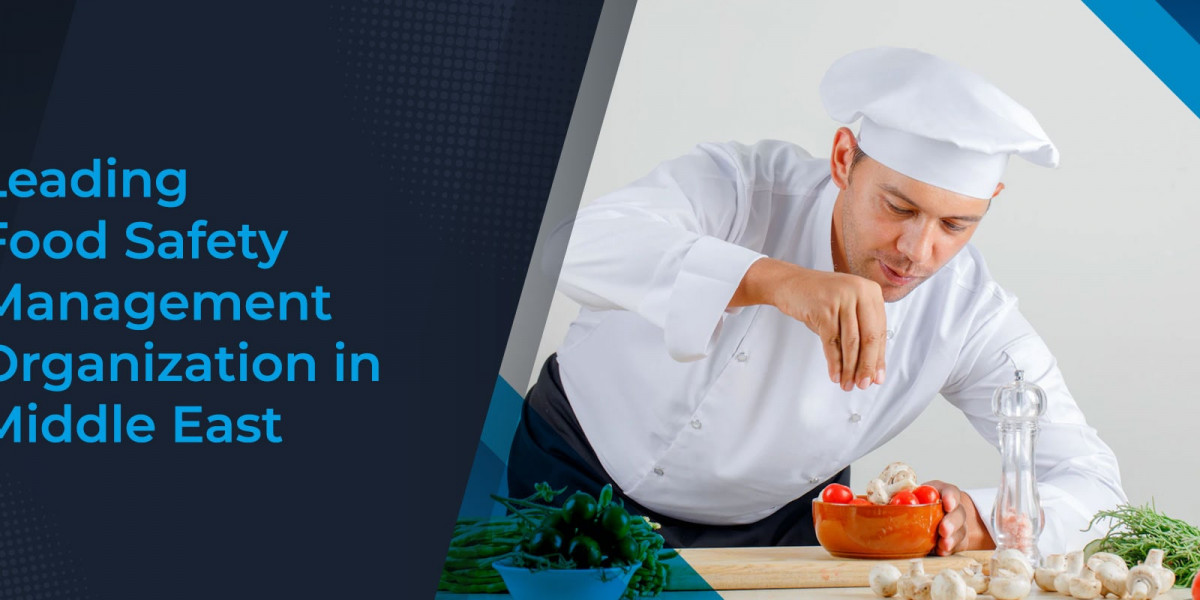Introduction
Food safety is a critical aspect of the restaurant industry, ensuring that customers are served meals that are not only delicious but also safe to consume. Proper food safety training in restaurants is essential to prevent foodborne illnesses, maintain a good reputation, and comply with regulations. This comprehensive guide explores the significance of food safety training in restaurants, covering various aspects such as the importance of training, key training topics, regulations, and best practices.
1. Ensuring Customer Safety
One of the primary reasons for food safety training in restaurants is to ensure the safety of customers. Foodborne illnesses can result from mishandling, cross-contamination, or improper cooking of food. Proper training equips restaurant staff with the knowledge and skills to handle food safely, reducing the risk of contamination and illnesses among customers.
2. Compliance with Regulations
Restaurant owners and staff must adhere to food safety regulations imposed by local, state, and national authorities. Food safety training ensures that restaurants meet these regulatory requirements, avoiding legal issues, fines, or even closure. Training programs often cover specific regulations applicable to the region, helping staff members stay informed and compliant.
3. Maintaining Reputation and Customer Trust
A single foodborne illness outbreak can severely damage a restaurant's reputation. News of food poisoning spreads quickly, thanks to social media and online reviews. Food safety training instills confidence in customers, assuring them that the restaurant prioritizes their well-being. A positive reputation and customer trust can lead to repeat business and positive word-of-mouth recommendations.
4. Minimizing Food Waste
Proper food safety training teaches staff how to handle, store, and cook food correctly, minimizing waste. When ingredients are stored and handled properly, they remain fresh for a more extended period, reducing the need for disposal. This not only saves costs but also contributes to environmental sustainability by reducing food waste.
5. Enhancing Employee Skills and Knowledge
Food safety training programs cover various topics such as personal hygiene, cross-contamination prevention, safe cooking temperatures, and proper cleaning procedures. By providing employees with this knowledge, restaurants enhance the skills of their workforce. Well-trained staff members are more efficient, confident, and capable of handling different situations in the kitchen, ensuring smooth operations.
6. Preventing Cross-Contamination
Cross-contamination occurs when harmful microorganisms are transferred from one surface or food item to another. Training helps restaurant staff understand the importance of separate cutting boards, utensils, and storage areas for raw and cooked foods. By preventing cross-contamination, the risk of foodborne illnesses is significantly reduced, safeguarding both customers and the reputation of the establishment.
7. Implementing Best Practices
Food safety training equips employees with best practices that go beyond basic regulations. This includes implementing Hazard Analysis and Critical Control Points (HACCP) principles, which identify potential hazards in the food production process and establish control measures. Restaurants that adopt HACCP principles demonstrate a higher commitment to food safety, ensuring a higher standard of quality for their customers.
Conclusion
Food safety training in restaurants is not just a legal requirement; it is a fundamental aspect of ensuring customer safety, maintaining reputation, and achieving operational excellence. By investing in comprehensive training programs, restaurant owners empower their staff with the knowledge and skills necessary to handle food safely, preventing foodborne illnesses and fostering customer trust. In the competitive restaurant industry, prioritizing food safety can make all the difference, leading to a loyal customer base, positive reviews, and long-term success. As the foodservice industry continues to evolve, staying updated with the latest food safety practices through continuous training is essential, ensuring that restaurants can thrive while providing a safe and enjoyable dining experience for their patrons.








